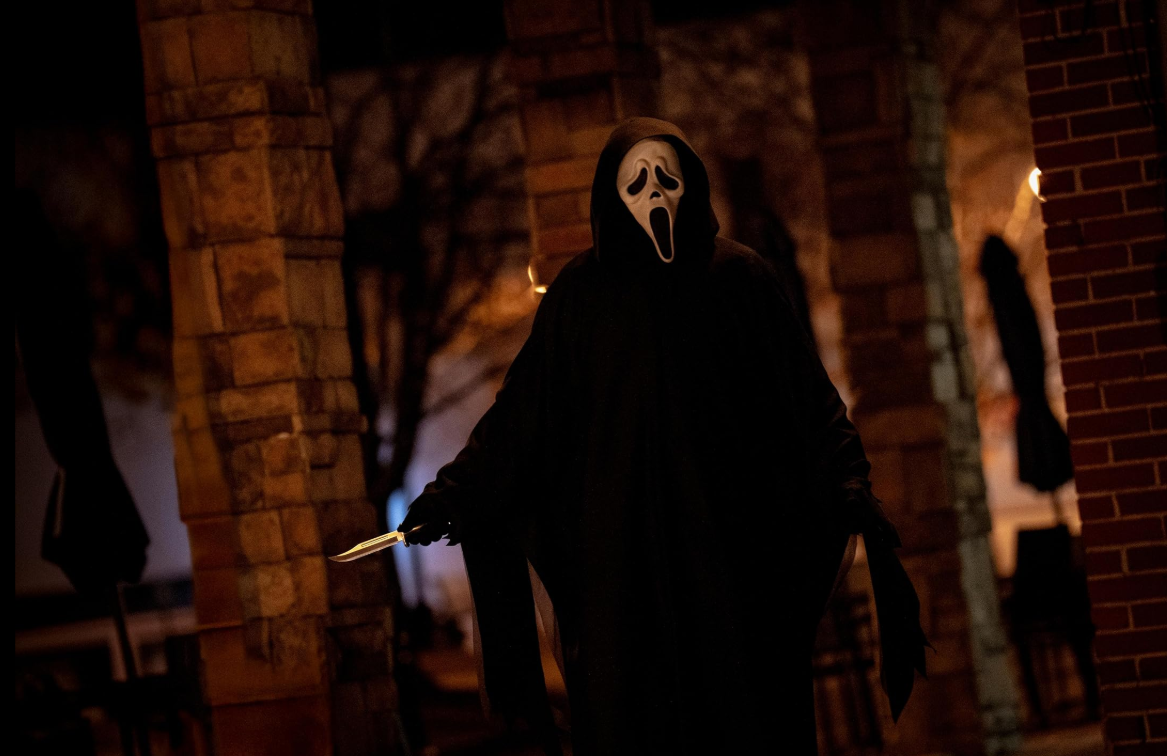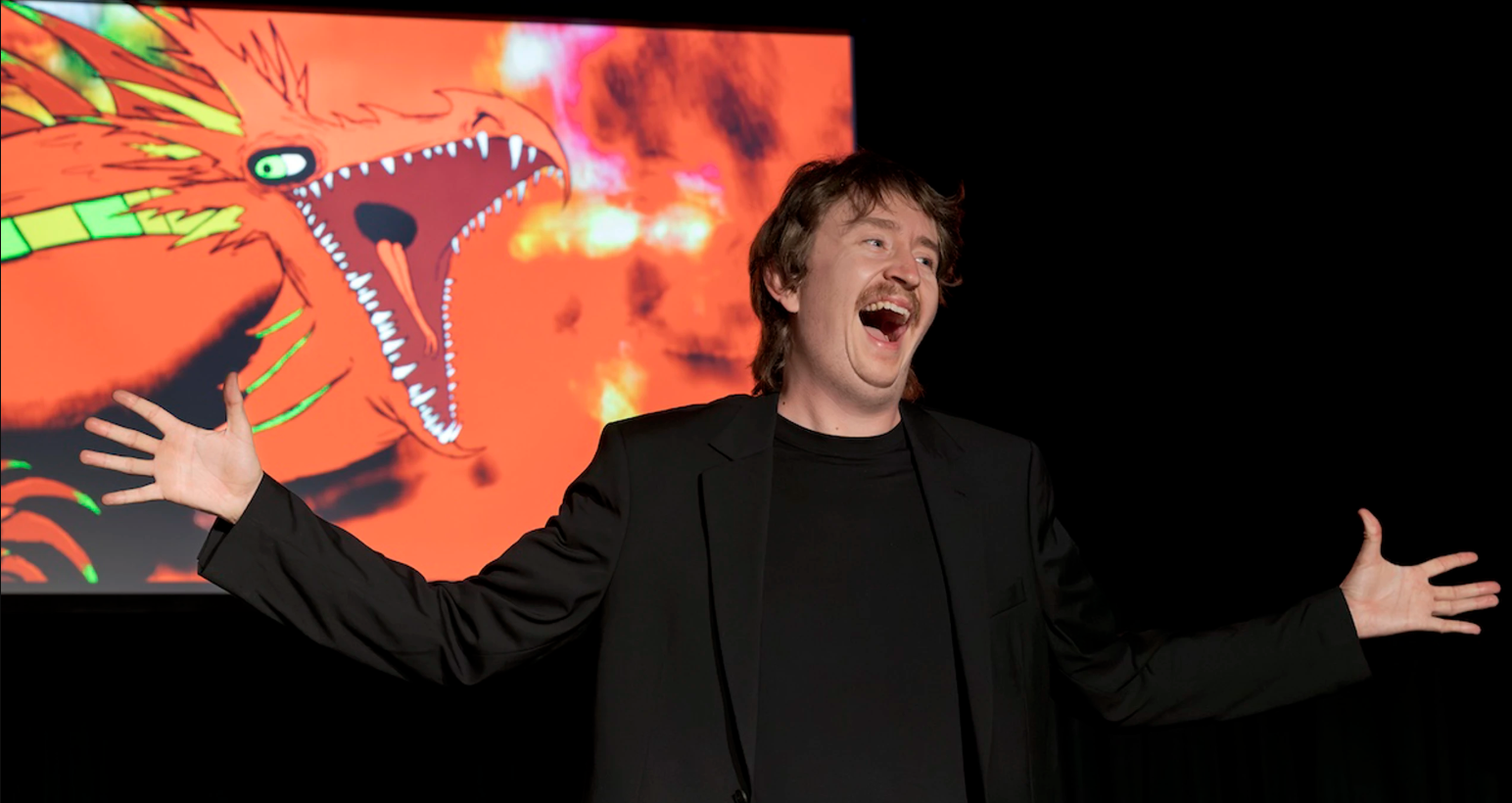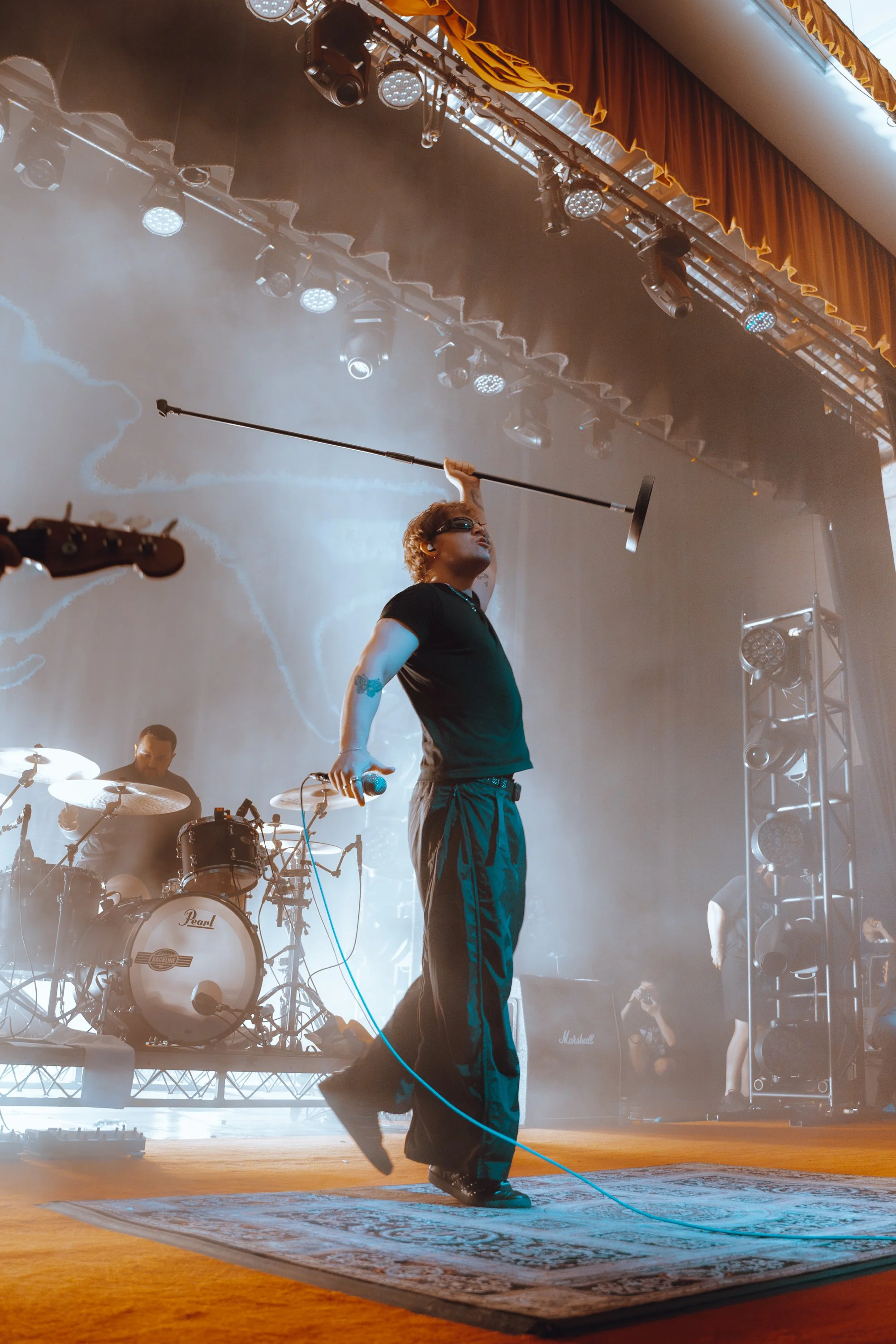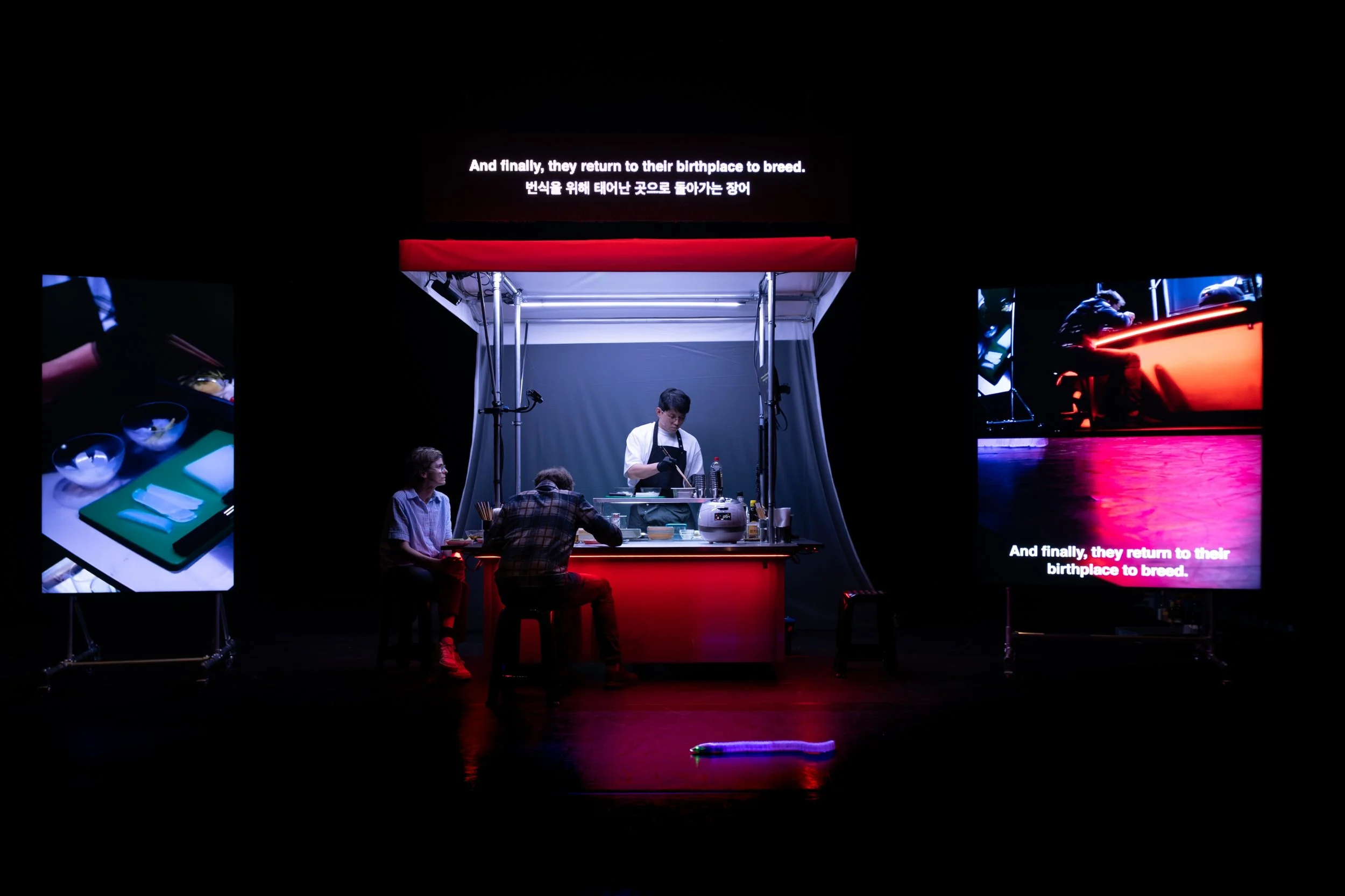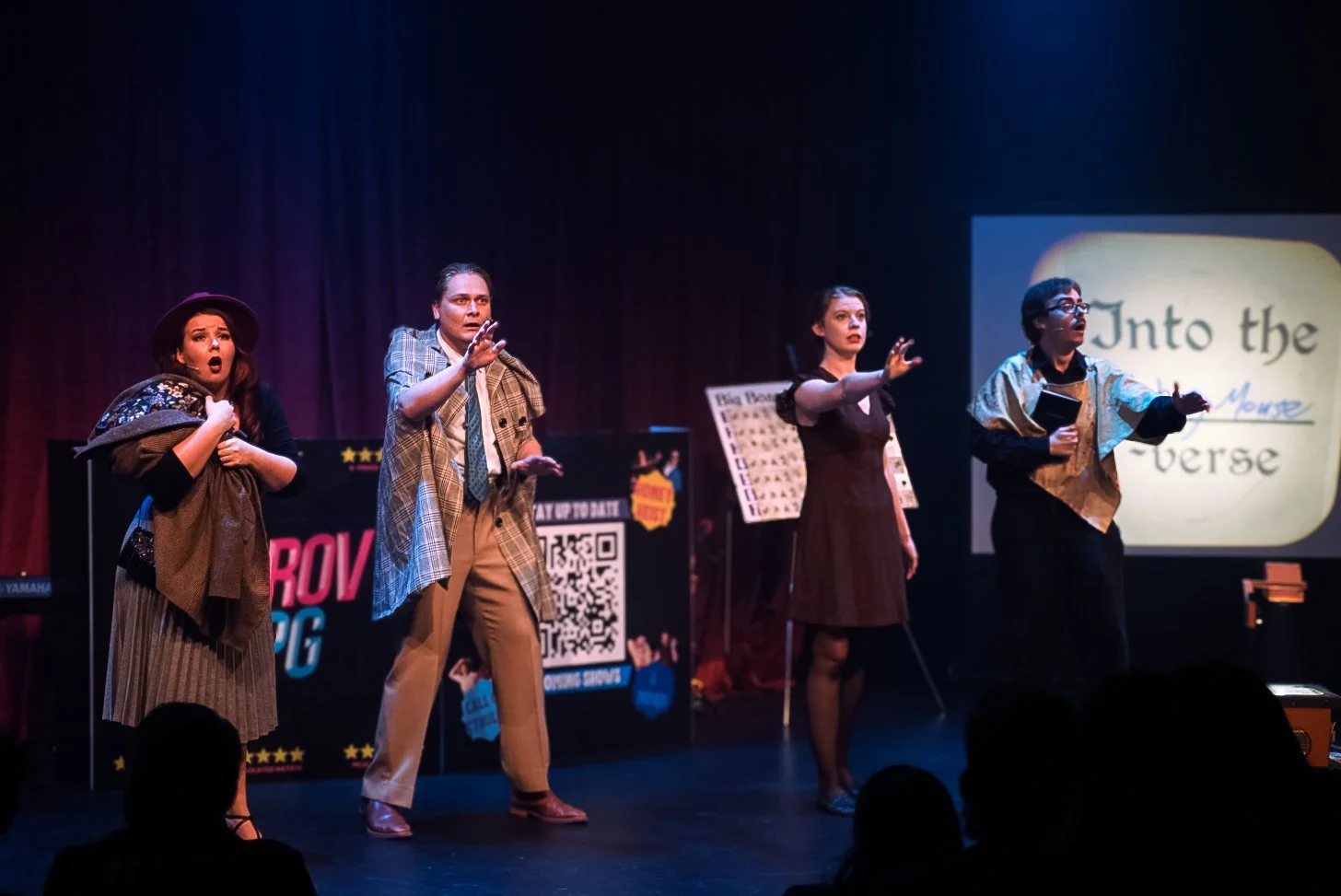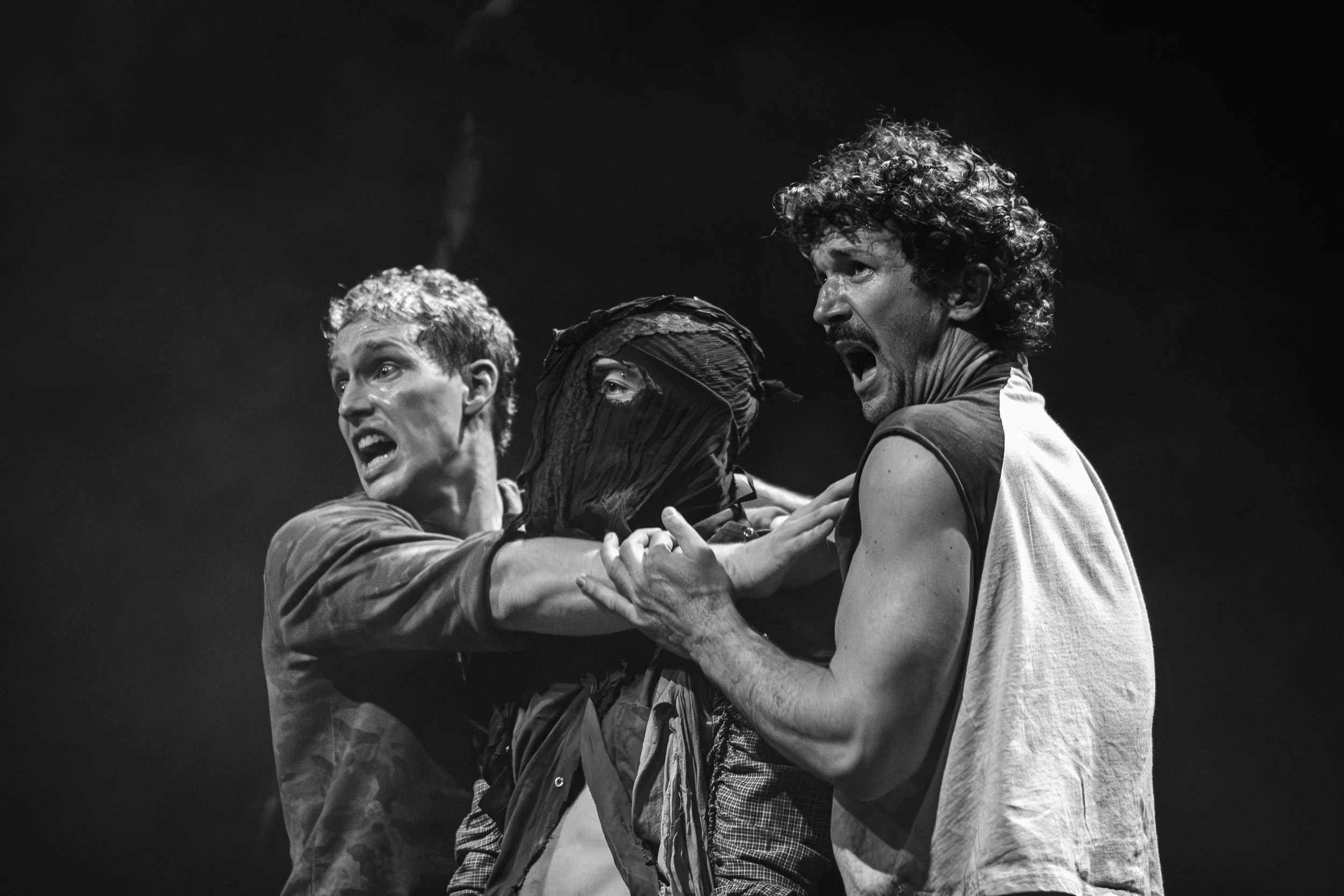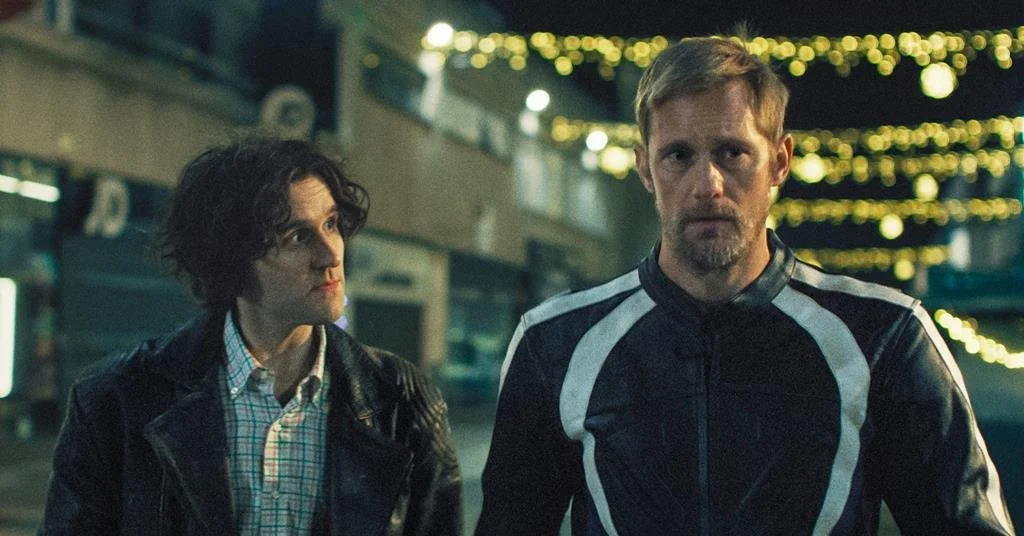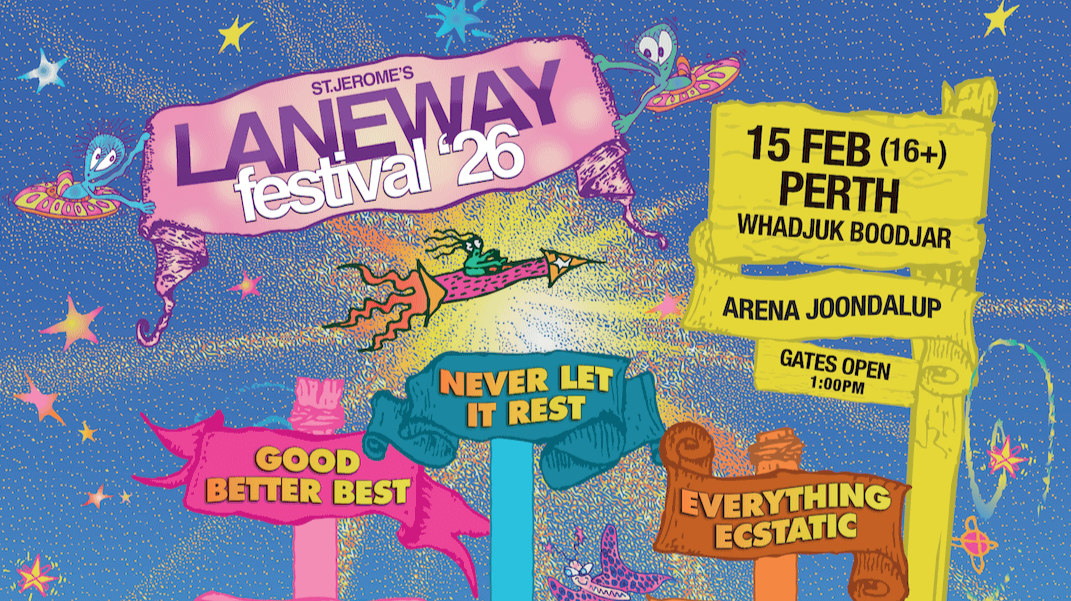Film Review: Mel Gibson's "Hacksaw Ridge" is a tough climb of a war movie
Hacksaw Ridge tells the true story of Desmond Doss, played by Andrew Garfield, a World War 2 war-hero who went against the grain and was very outspoken about his right to go to war as a pacifist. At the directorial helm is Mel Gibson, returning to directing after his lackluster 2006 film, “Apocalypto”. If the words 2006 and Mel Gibson ring another bell, it’s probably because he was also widely criticised for being recorded saying “The Jews are responsible for all the wars in the world” in 2006. So, naturally, he has chosen to reignite his directorial career with the same topic that shot his directorial career in the head ten years ago.
Historically speaking, Hacksaw Ridge was encompassed in a series of battles fought on the Japanese Ryukyu Islands, which eventually lead to the invasion of Okinawa itself and was widely regarded as one of the most testing battles of World War 2. Ironically, Hacksaw Ridge (the film) was one of the most testing battles of outdated cinema that I have ever battled.
Let’s start with the tone of the film. At no point during the two-and-a-half hour run time did Hacksaw Ridge ever settle on a tone. We jump from jovial barracks debauchery, to grim domestic violence, back to some light hearted joking, then straight into some graphic decapitations with little to no regard for fluidity. Generally speaking, moments depicting the horrors of war, pausing for a joke or two, then heading straight back into some murder doesn’t really allow for an audience to completely absorb the seriousness of what is being displayed. Furthermore, the film will jump from location to location without any kind of context to inform us where we are, or at what point in time we are exploring.
The practice of character development is equally as bizarre. For example, early on in the film, Desmond’s brother plays a pivotal role in driving the plot forward and providing a catalyst for why Desmond feels inclined to join the army. However, after spending a great deal of time with Desmond’s brother in the first half hour, we never return to Desmond’s brother or discover his fate. Desmond’s father, played by Hugo Weaving (another cast member who turns up for a little bit, dials in an “ok” performance), provides some context for why his son is reluctant to bare arms, then fades into the ether after his purpose is complete. There’s even a scene where it is PAINFULLY obvious that it’s a reshoot, and his absence is simply explained as “he needed to pop home for a bit”. After his son has been cleared of criminal charges, he felt that was a good time to “pop home”? I think not. Lazy work. Vince Vaughn shows up for a little bit, shouts at a few people, wields a comically tiny gun for a while, and just kinda...goes somewhere? Then comes back for the end? Sam Worthington also shows up to remind us why we don’t see him in many movies anymore. Pick an accent and stick with it, mate. Although the crown jewel of shit acting in Hacksaw Ridge has to go to Andrew Garfield, who turns in a bizarre Forrest Gump impersonation as a performance. He was better in Spiderman...which isn’t to say he was very good in that either.
Pacing, tone, characters and actors aside, what really makes Hacksaw Ridge insufferable is how laughably outdated it is. It’s 2016, are we seriously still making movies that demonise the Japanese? Hacksaw Ridge REALLY gets stuck into the Japanese. Sure, I admit that in this instance, from the view of the protagonist, they are the “enemy”. However, unless you’re an 80-year-old that still refuses to consume goods that are made overseas (be honest, we all have a racist grandparent), you can probably admit that at the end of the day, the allied forces were invading Japan, and the Japanese were simply fighting back so they could retain their country. Apparently, Gibson still has some hard feelings towards the Japanese, as his film shows close-up upon close-up of Japanese soldiers slitting necks, stabbing people (which is shown as a much more personal way of killing that simply shooting someone, as the allies do) and plotting things in dimly lit rooms. It was really only a few steps away from having a scene that affirms some racial stereotypes as severe as the one in Breakfast at Tiffany’s. There’s even this super odd scene in which an American soldier is informing his next in command that Desmond had saved some of the Japanese soldiers, and within moments, has a chuckle and says “but none of them made it”, which was greeted by an equally jovial laugh by his commander.
I could go on about all the intricate reasons as to why this movie is so bad, but the point of a film review is to ascertain whether or not you should spend your time or money on a film. Hacksaw Ridge feels as metaphorically painful as it would be to actually climb Hacksaw Ridge. It’s a tough climb, many people won’t make it, and there’s not much at the top. To those people who left the cinema hours before me, good call.
I’ll put money on the fact that this film won’t do very well in Japan.


